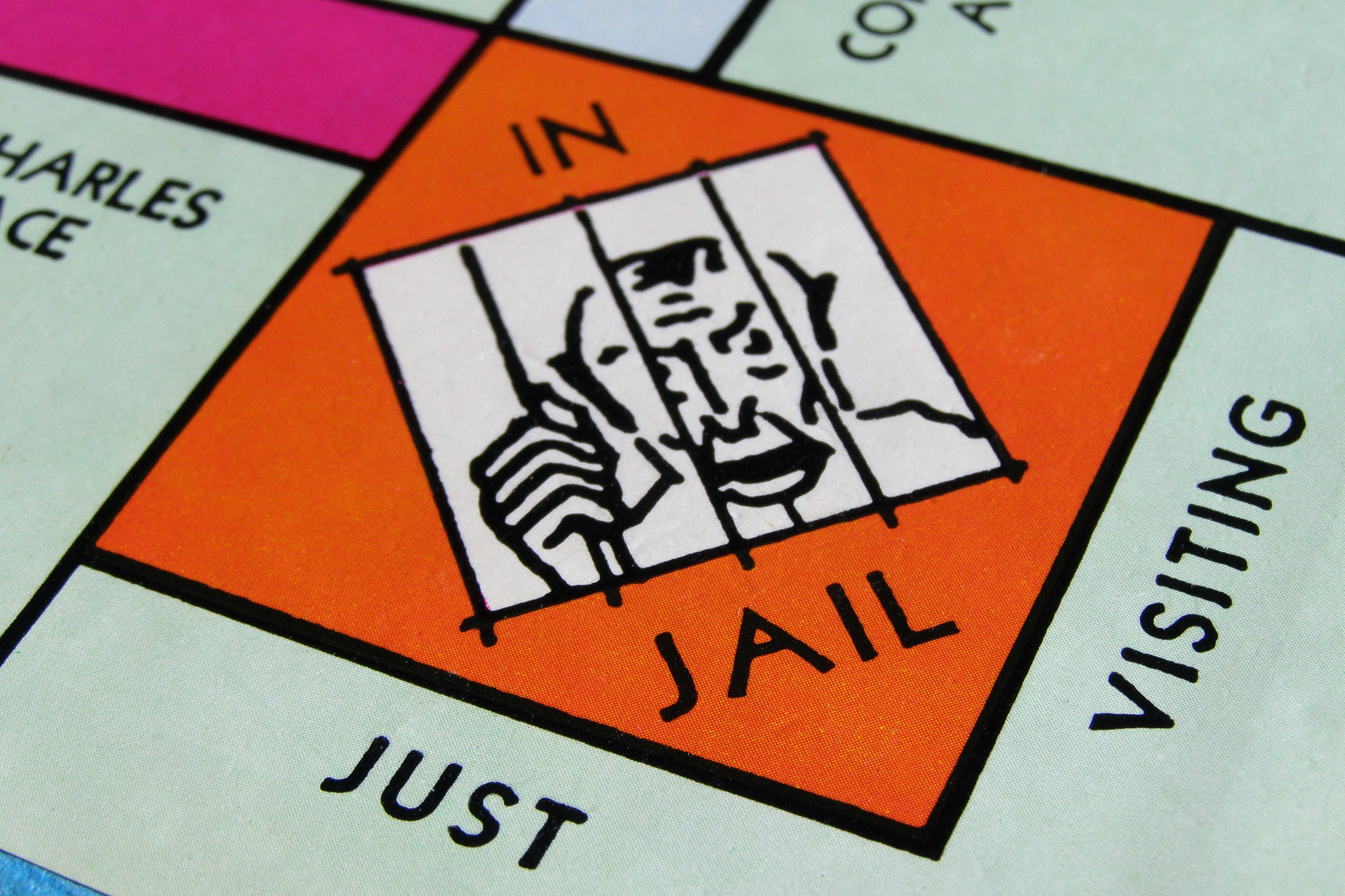
Photo by CC user StockMonkeys.com
In Canada, virtually everyone who has a criminal record is eligible to apply for a Canadian pardon, as long as he or she meets certain pardon qualifications. A criminal pardon allows a person who has been convicted of a criminal offense to have his record set apart from the CPIC database. A pardon is, essentially, an acknowledgement from the Parole Board of Canada that the person has been rehabilitated and is now leading a crime-free lifestyle.
The National Parole Board requires that Canadian pardon applications fulfil certain conditions before they can submit an application:
Condition #1: Completion of sentence
This means not only must the convicted person wait until any jail time has been fully served, but also that any fines, other costs, compensation orders, surcharges, restitution, etc. have all been paid. Also, the convicted person must also have completed any probation period that has been required.
Condition #2: Waiting period after completion of sentence
After the above qualifications have been met, the potential applicant must also wait until a prescribed time period has elapsed. For a summary (lesser) conviction, there is a mandatory three-year waiting period before a pardon application can be reviewed. For indictable (more serious) convictions, the required waiting period is five years.
One may wonder whether it’s worth it to wait out the time period before applying for a pardon. The short answer is yes. A pardon will allow you to apply for employment without having to disclose (or having a potential employer finding out about) your conviction. Under the Canadian Human Rights Act, no one can be rejected for a job based on a conviction if he has received a pardon. A potential employer is not legally allowed to ask applicants about a pardoned conviction. A pardon protects you from being discriminated against by an employer based on your conviction.
Having a criminal record will also potentially have a negative impact on your life in other ways, too. For example, if you have a criminal record, you may not be eligible to:
- Get bonded
- Rent an apartment
- Be granted custody of your children in a custody dispute
- Travel to other countries, including the United States
- Volunteer
Perhaps most importantly, having a criminal record can place a stigma on you that will follow you around for the rest of your life. It can hold you back in many ways, not least of which is by worrying about it and stressing over it.
Having a criminal record in Canada, then, can negatively affect your quality of life in may different ways, for the rest of your life. Thankfully, nearly everyone who is convicted in Canada (with the exception of those who have been sentenced to life in prison, among a few other exceptions) can apply for a pardon if they meet the above-mentioned criteria. Obtaining a pardon opens up many different doors that a conviction will have closed.


